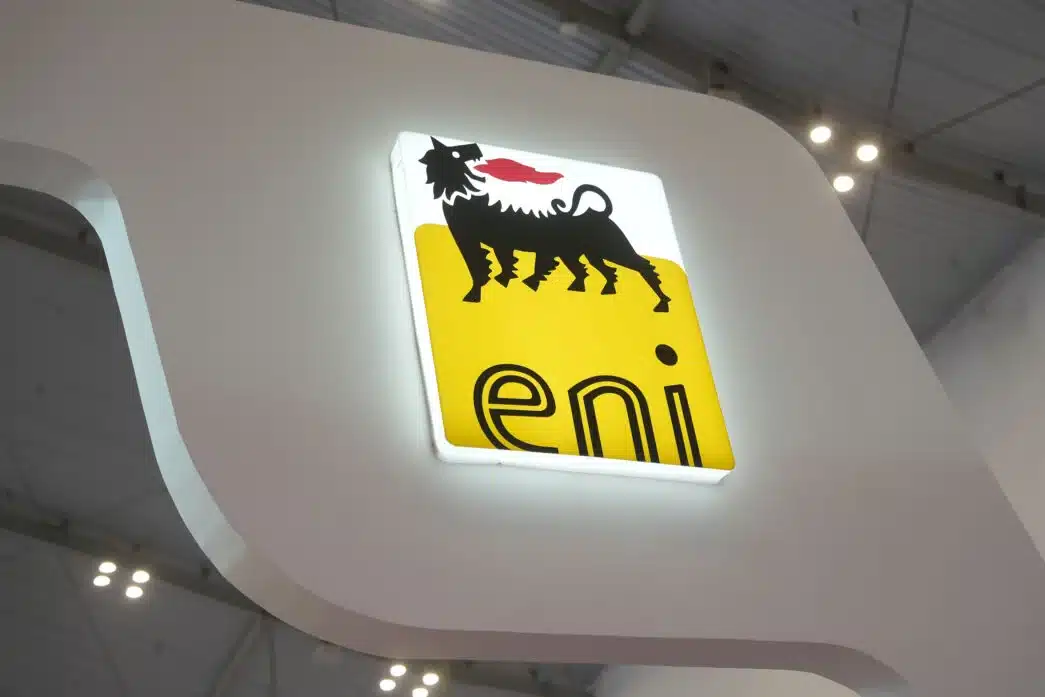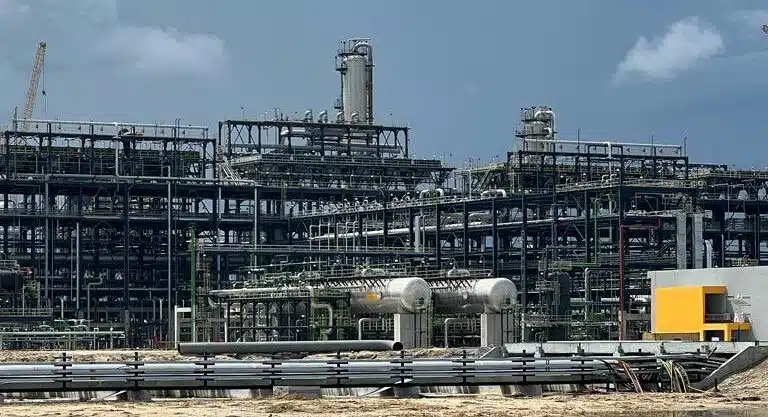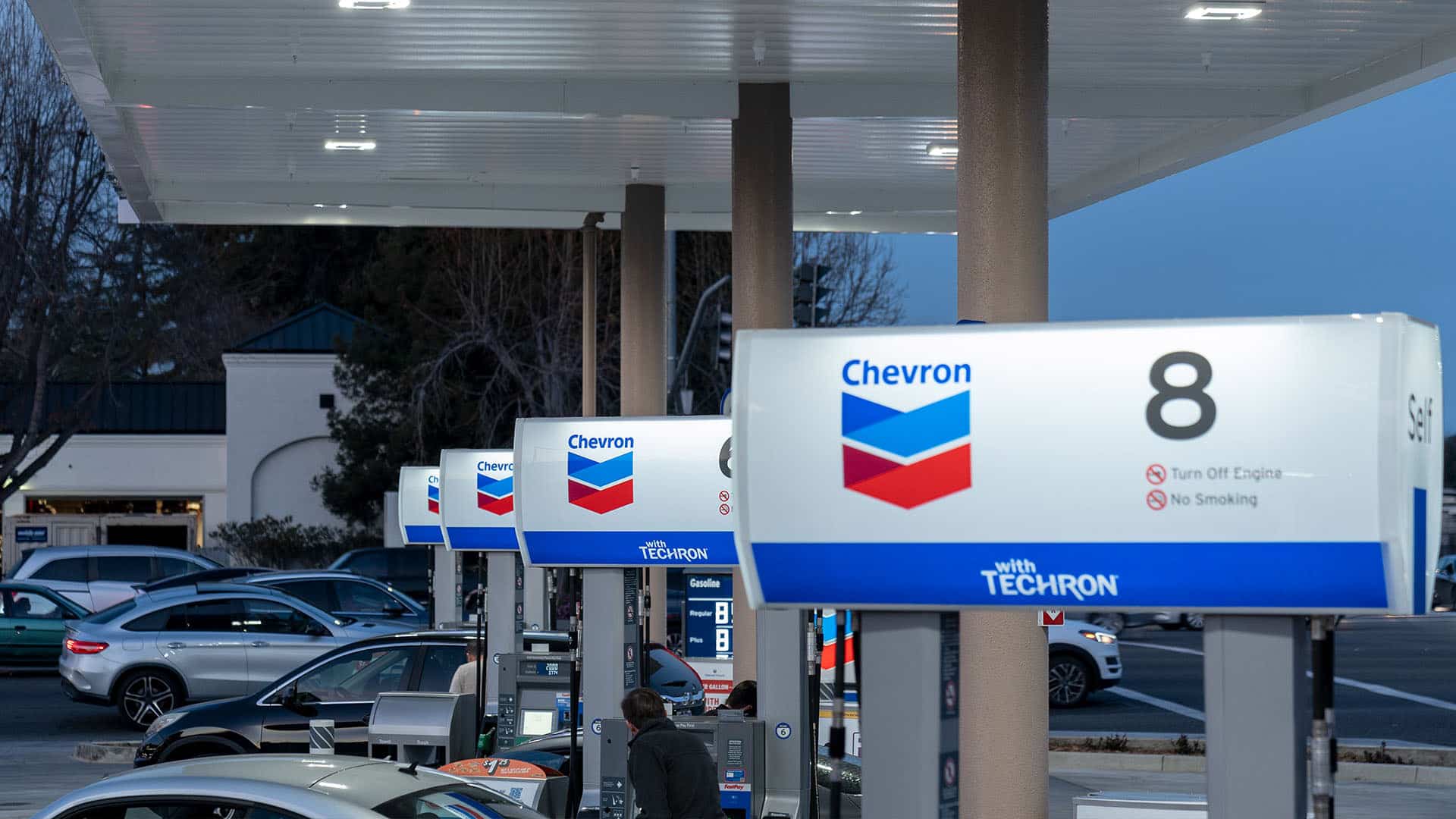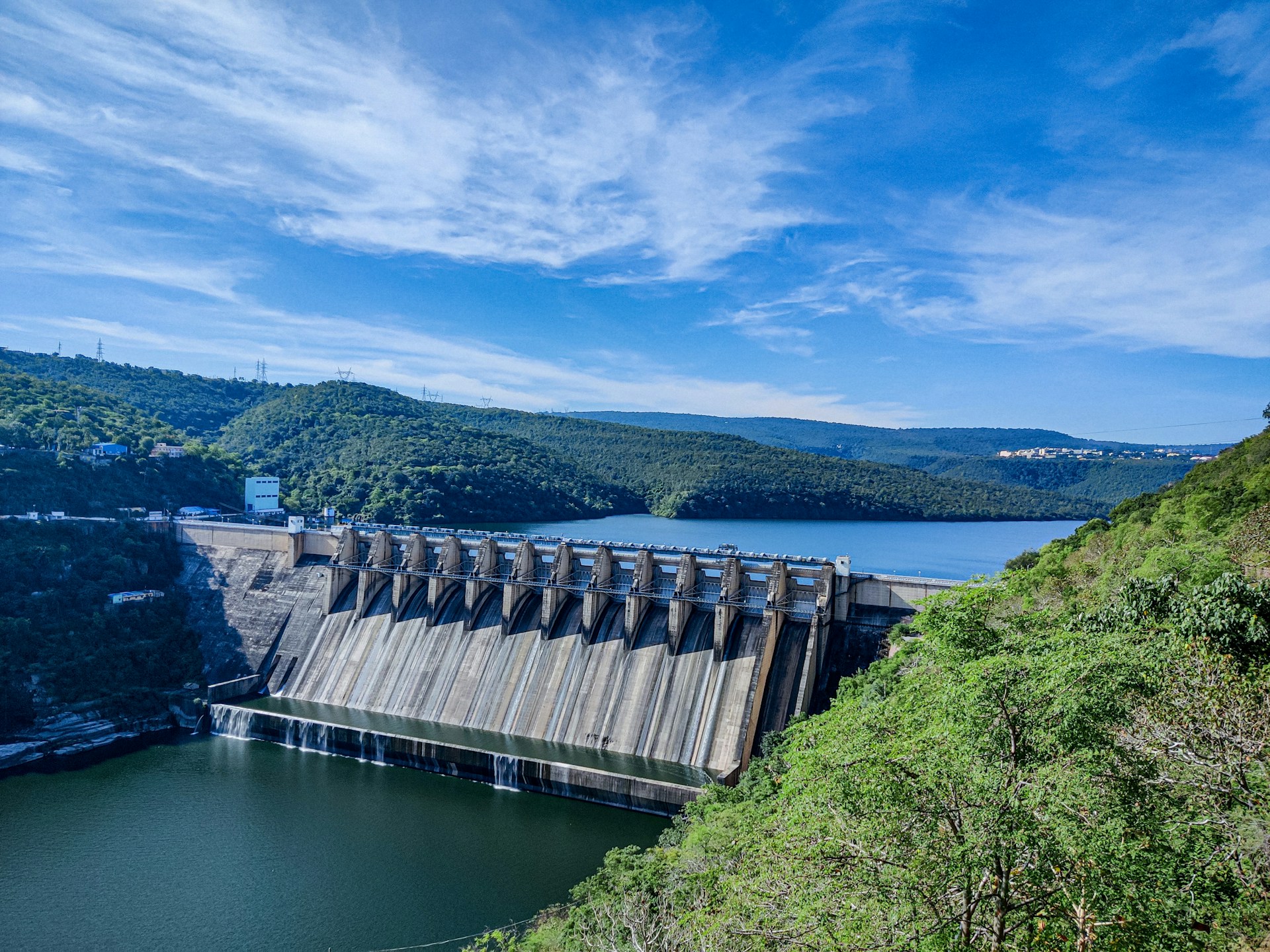The Dangote Petroleum Refinery has become a central force in reshaping fuel supply across West and Central Africa, reducing Nigeria’s reliance on imported products and changing regional trade flows.
The refinery, with a capacity of 650,000 barrels per day (bdp), is already producing diesel, gas oil, and jet fuel for both local and foreign markets.
The company’s spokesperson, Tony Chiejina, said in a statement on Thursday that the refinery has helped Nigeria cut its fuel imports sharply, while opening new export routes to neighbouring countries and beyond.
Chiejina noted that the facility has saved Nigeria up to $10 billion in foreign exchange annually by replacing imports with domestic production.
He added that the plant has positioned Nigeria as a supplier of refined products to countries in West and Central Africa, as well as new customers in the United States and Saudi Arabia.
Dangote refinery exports to new routes
According to Aliko Dangote, President of the Dangote Group, the refinery exported about one million tonnes of Premium Motor Spirit (PMS) between June and July 2025.
Dangote said this marked a turning point, as Nigeria had now become a net exporter of refined products.
“Before now, Nigeria depended heavily on fuel imports, spending huge sums of money every year. With the coming of this refinery, we are now supplying the local market and also exporting to other countries,” he said.
He explained that petrol imports dropped from 500,000 bdp in early 2023 to just 88,000 bdp by the first quarter of 2025.
A report by CITAC indicated that Nigeria’s fuel imports are projected at 6.4 million tonnes in 2025, less than half of South Africa’s 15.5 million tonnes.
Chiejina added that beyond petrol, the refinery has also ended Nigeria’s dependence on imported jet fuel, reducing imports from 13,000 bdp to just 5,000 bdp.
“Today, our refinery supplies most of the aviation fuel needed for domestic use. We also export to other markets in West and Central Africa,” he said.
The refinery’s exports have reached Senegal, Togo, Benin, and Gabon, creating new supply patterns in the Sub Saharan African fuel market.
Regional crude oil processing rose by 77.8% in 2024, with most of that increase traced to the Dangote facility.
On his part, Gary Clark of S&P Global Commodity Insights explained during a webinar hosted by the Major Energy Marketers Association of Nigeria that the refinery has become a major source of supply for the region.
“West Africa used to rely on imports from Europe and elsewhere. With the Dangote refinery, we now see large volumes of gas oil, diesel, and jet fuel meeting demands locally and across Central Africa,” he said.
He added that surplus jet fuel from the refinery has also been shipped to other international destinations.
In early 2025, the United States imported 1.7 million barrels of jet fuel from Dangote in a single month. Saudi Aramco also purchased three cargoes totalling 130 million litres.
Chiejina stated that these exports show how Africa is now participating more actively in global fuel trade.
“The fact that countries as far as the United States and Saudi Arabia are taking fuel from Nigeria shows the scale of what this refinery is achieving,” he said.
Nigeria’s changing fuel landscape
The refinery is currently producing around 550,000 bdp, meeting about 60% of Nigeria’s petrol demand.
Officials said this has provided a more stable and self reliant supply system, reducing vulnerability to global price shocks and easing pressure on government spending.
Chiejina added that the refinery’s role goes beyond supplying fuel.
“It is also strengthening energy security for Nigeria and for the wider West African region. Countries that once relied entirely on imports are now sourcing products from Nigeria,” he said.
Industry records show that decades of fuel imports had weighed heavily on Nigeria’s foreign exchange and national revenues.
The government had earlier struggled with subsidy costs, smuggling, and supply shortfalls.
The refinery’s entry into full operations has reversed that trend, with Nigeria now counted among fuel exporters rather than importers.
Dangote said the plant’s future expansion will further boost exports while ensuring local supply remains stable.









